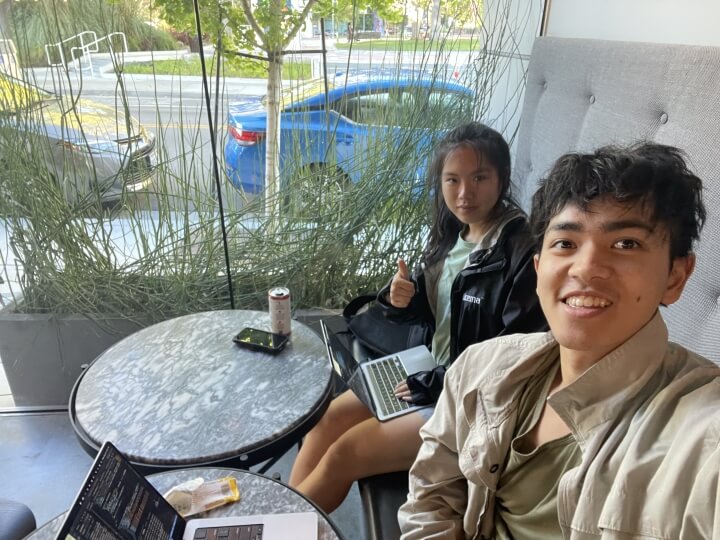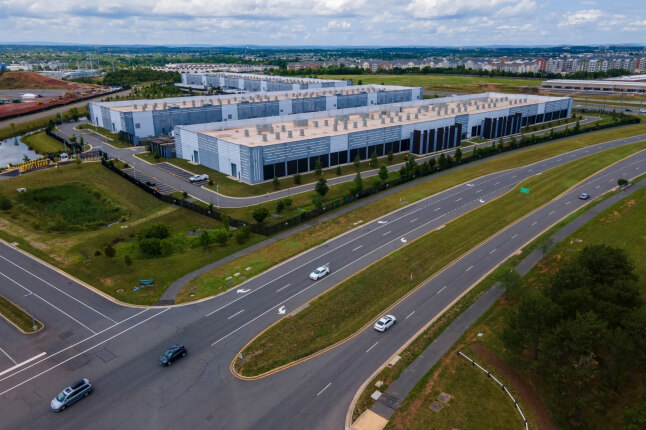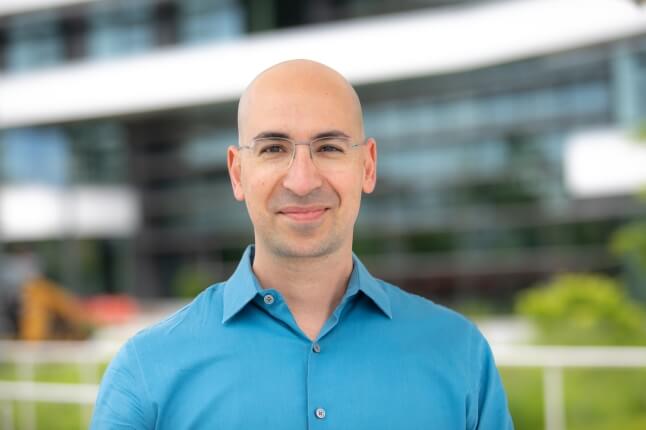News
Walden Yan, A.B. '24
Students from the Harvard John A. Paulson School of Engineering and Applied Sciences (SEAS) spent the end of their summer vacation at Hack Lodge, a week-long camp with locations in California and New York in which attendees lived, studied and designed projects together. In California, students focused on cryptocurrency, blockchains and Web3, presenting finished projects at the end of the week.
“There are very few times when you just live in one space with 20 other people who are there to learn, very excited about the fields they’re working, and very smart,” said Walden Yan, a third-year student at SEAS studying computer science and economics. “You get to see everyone grinding, and see yourself making progress on your product. We started on Sunday, and by Tuesday, we had to ship something that worked. By Thursday, it had to be refined, and on Saturday we presented a final project to quite a few impressive people who came by to watch. The mentorship and culture is really amazing, and everyone got a lot out of it.”
For his project, Yan worked with cryptographic primitives, which are random generators and other low-level operations essential to encryption. He expanded on pre-existing algorithms to create a program that allows users to withdraw, deposit and trade assets without being publicly traceable on a blockchain.
“We worked on using a cryptographic primitive called zero-knowledge proofs to build an extension of an existing technology known as private mixing tools,” Yan said. “These kinds of technologies can protect information about what assets you own.”
Hao Wang, A.B. '23
While Yan focused on private crypto transactions, Hao Wang was more interested in public activities. Wang, a third-year student studying CS, focused on open-source projects which can be accessed by anyone and maintain the transparency of blockchain activity. He built a website that makes it easier for people with limited coding experience to use open-source projects.
“All my past work was focused on crypto infrastructure, so I continued with that,” Wang said. “People normally can only access open-source projects using a command line directly into the operating system, but that can be hard for people unfamiliar with the process. With our project, people can go to our website and use the basic interface to access it instead of a command line.”
While Wang and Yan designed projects directly related to cryptocurrency and blockchain algorithms, second-year students AhnPhu Nguyen and Alice Cai took a slightly more offbeat approach. The duo designed a collaborative storytelling platform, which then created illustrations using DALL-E, an artificial intelligence art program. Those illustrations could then be turned into non-fungible tokens or NFTs, which are blockchain assets associated with physical or digital assets that can be bought and sold.
“The human generates the text, and then the AI assists in producing an illustration,” Cai said. “Humans might want to guide the direction of the story, but illustration creation is a pretty intensive process. To speed it up, we use AI.”
AhnPhu Nguyen, right, and Alice Cai at Hack Lodge in California
Their project was indirectly related to a special concentration they're applying for, which they call “human augmentation.” Their coursework for the degree will include elements of computer science, electrical and mechanical engineering, as well as bioengineering. Linking technology and biological design has always interested Cai, who’d previously considered studying how AI and human creativity intersect with programs like DALL-E.
“Humans become more like curators than creators when you have generative AI tools, so we’re studying how we can use technology to augment our intelligence,” Cai said. “We’re also trying to augment the human body, become better, faster and stronger.”
For Cai and Nguyen, Hack Lodge introduced an area of computer science they’d never studied before.
“Living with people who are really into those things, talking to them and seeing what they do, was really interesting,” Nguyen said. “The whole week was talking to people who were very math- and technology-proficient. It was intellectually interesting. It was a left-field topic that we didn’t know anything about.”
Topics: Computer Science, Entrepreneurship
Cutting-edge science delivered direct to your inbox.
Join the Harvard SEAS mailing list.
Press Contact
Matt Goisman | mgoisman@g.harvard.edu



